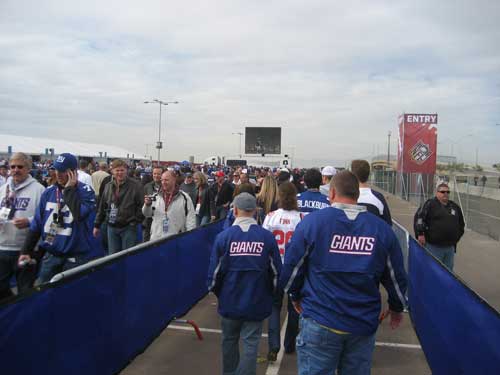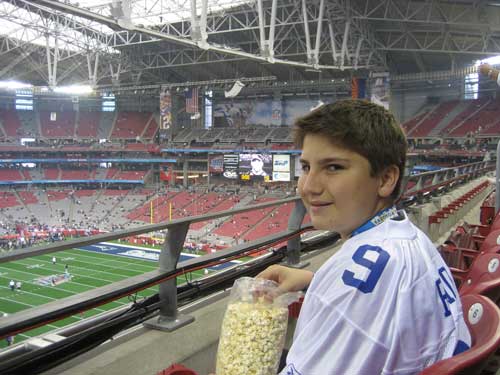ADM's Mistake (Mostly Corrected)
Alex Tabarrok discusses the new movie about Mark Whitacre and price fixing at Archer Daniels Midland. ADM apparently was caught holding meetings with competitors to fix prices of certain chemical commodities, specifically Lysine.
Here was ADM's mistake, and it is one they have clearly learned from: in the modern American corporate state, there is no reason to engage in illegal private price fixing or cartel arrangements when corporations can achieve similar ends legally and openly through the government. If ADM was concerned about difficult competition depressing pricing, they could have emulated any of these examples:
- Run to Congress to beg for strong tariff's on foreign sources of their commodity product (as do the sugar and ethanol industries)
- Run to Congress and have them institute minimum pricing or buy up excess supply (as do many agricultural producers)
- Run to Congress to seek supply restrictions (as does the taxi business)
- Run to Congress and have them restrict new competition and sources of supply through licensure (as do a variety of industries, from real estate to funeral homes to medicine)
- Run to Congress to have them pass onerous legislation that makes it difficult for new capacity to be added in the business (as does the waste disposal industry)
- Run to Congress to seek subsidies for their product in the name of some public good - it doesn't even have to be true (as does, well, ADM with ethanol)
- Run to Congress to seek regulations that favor your particular production and product technologies while hamstringing your competition (as does GE with light bulbs)
- Run to Congress and have them enforce an industry price-fixing arrangement -- its legal when Congress does it (as do the Milk producers)
- Run to the FTC to bring anti-trust actions against your competition (as did Netscape and Sun against Microsoft) This is an interesting article on this, which says in part, "Most [antitrust] cases are not brought by public representatives, whether elected or self-appointed, but by private companies, often rivals of the defendant who are being driven out of business. Businessmen believe that competition is good if they win but bad if the other guy wins."
Of course, all of this takes a little care. The competitive relief must be couched in something like "consumer protection" or "saving jobs" or "going green" or "fairness," but there are plenty of good examples of consumers getting the shaft in the name of consumer protection that it shouldn't be too hard to come up with something. Developing a high profile in an early Presidential primary state like Iowa doesn't hurt either.
As I said in the title, ADM has certainly figured this out, if their approach to the ethanol business is any guide. In ethanol, they have resorted to any number of these tactics simultaneously.





